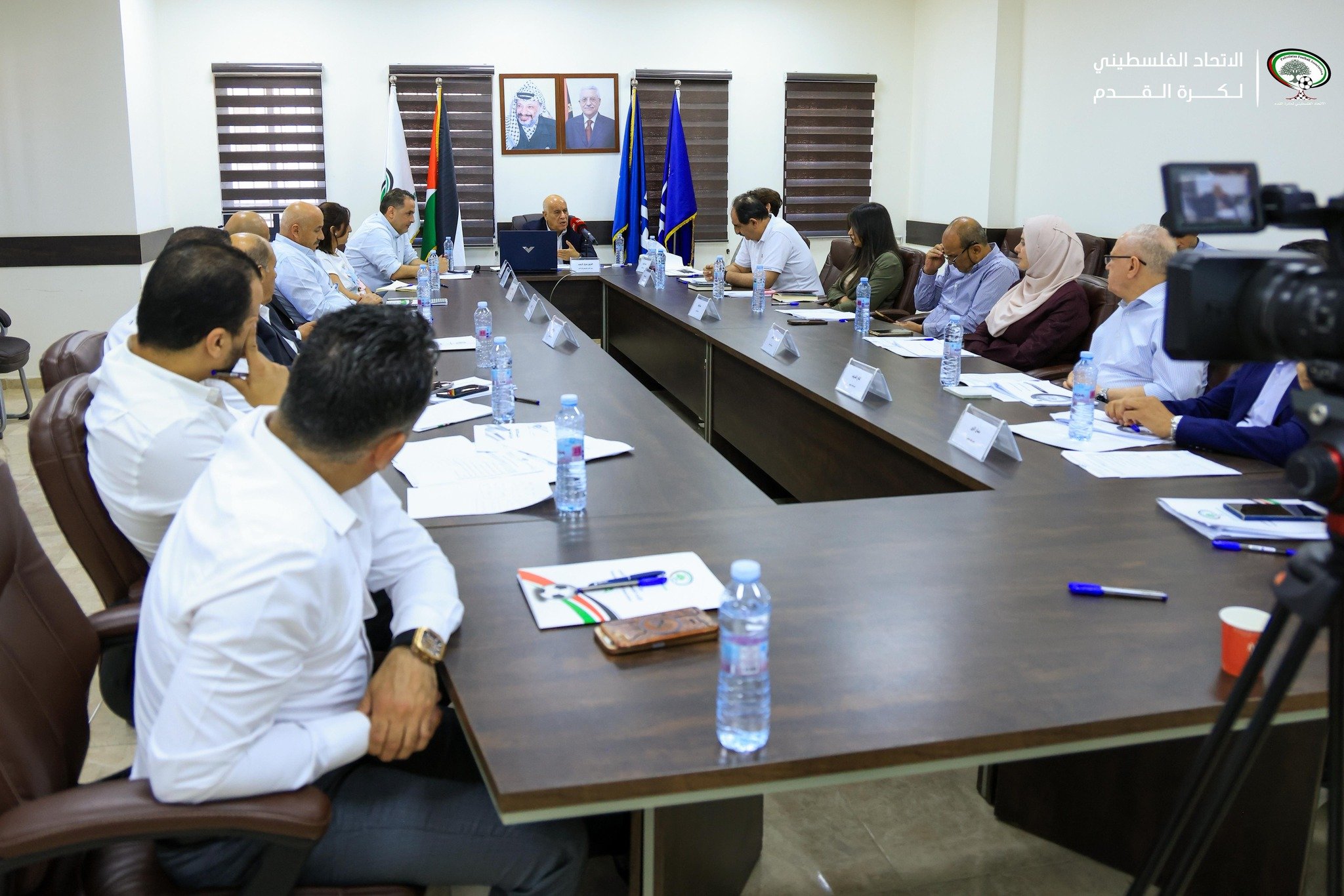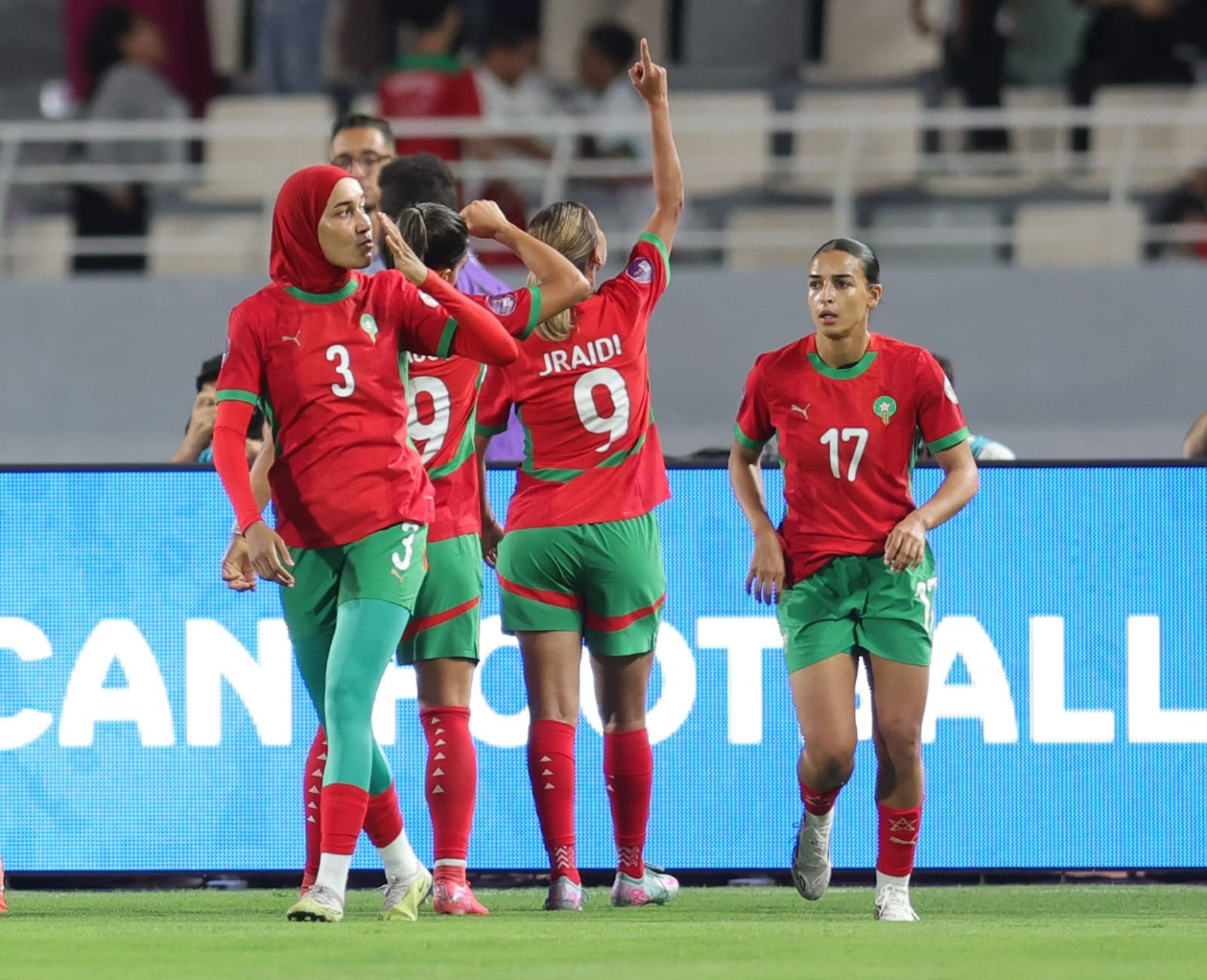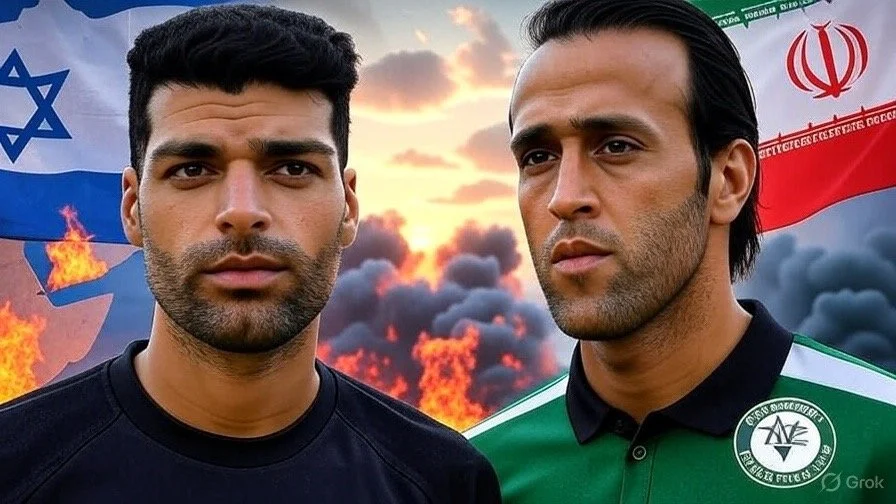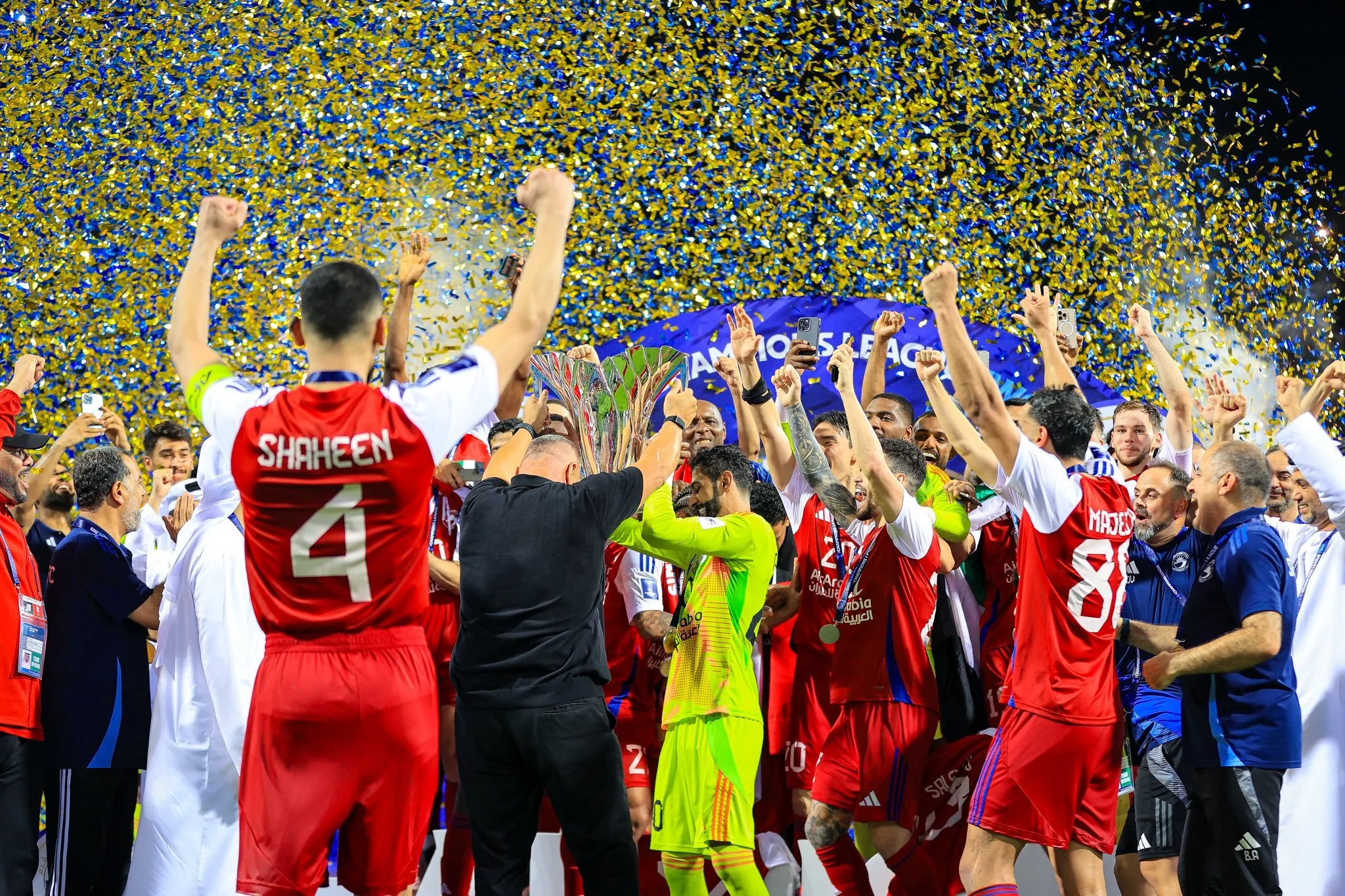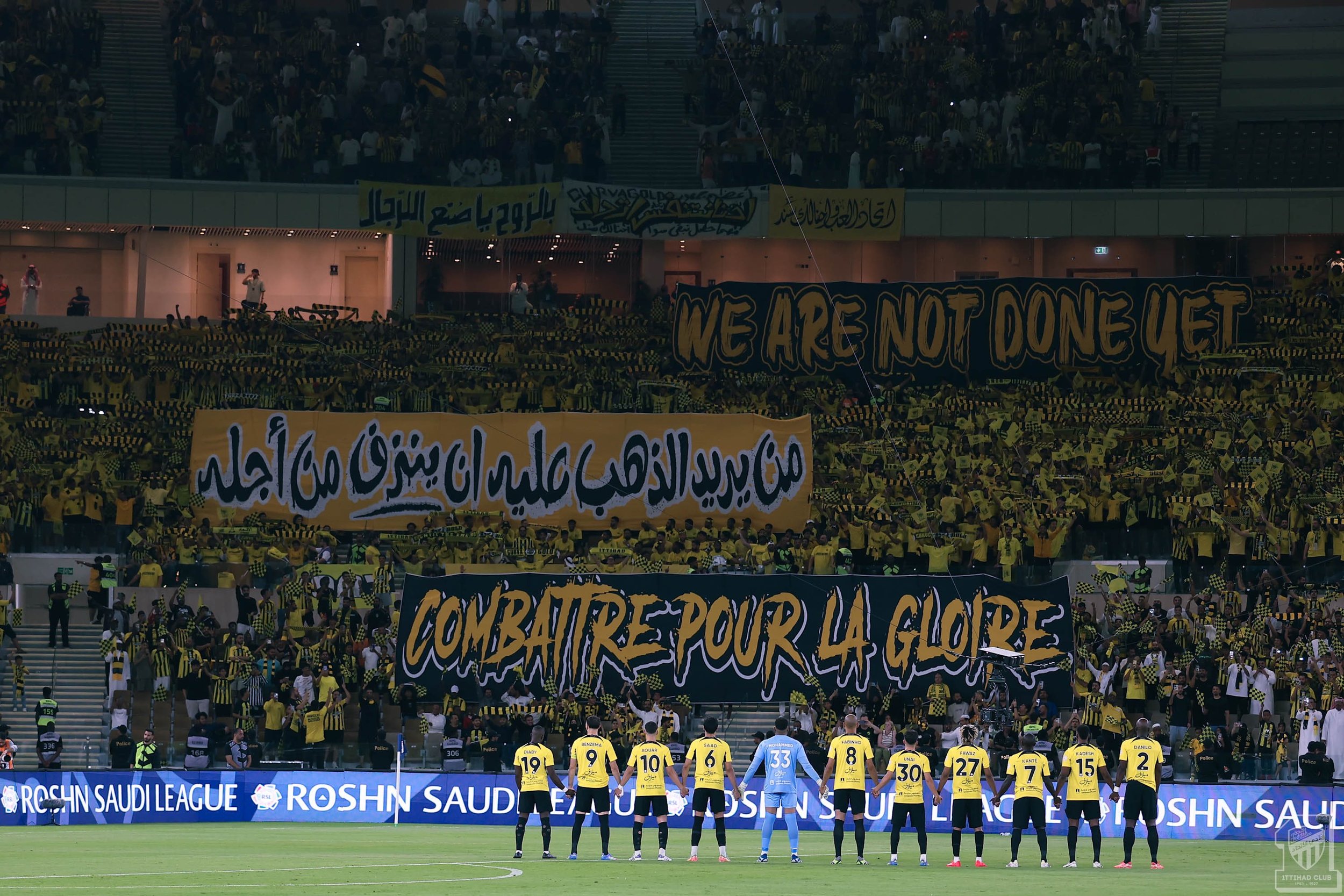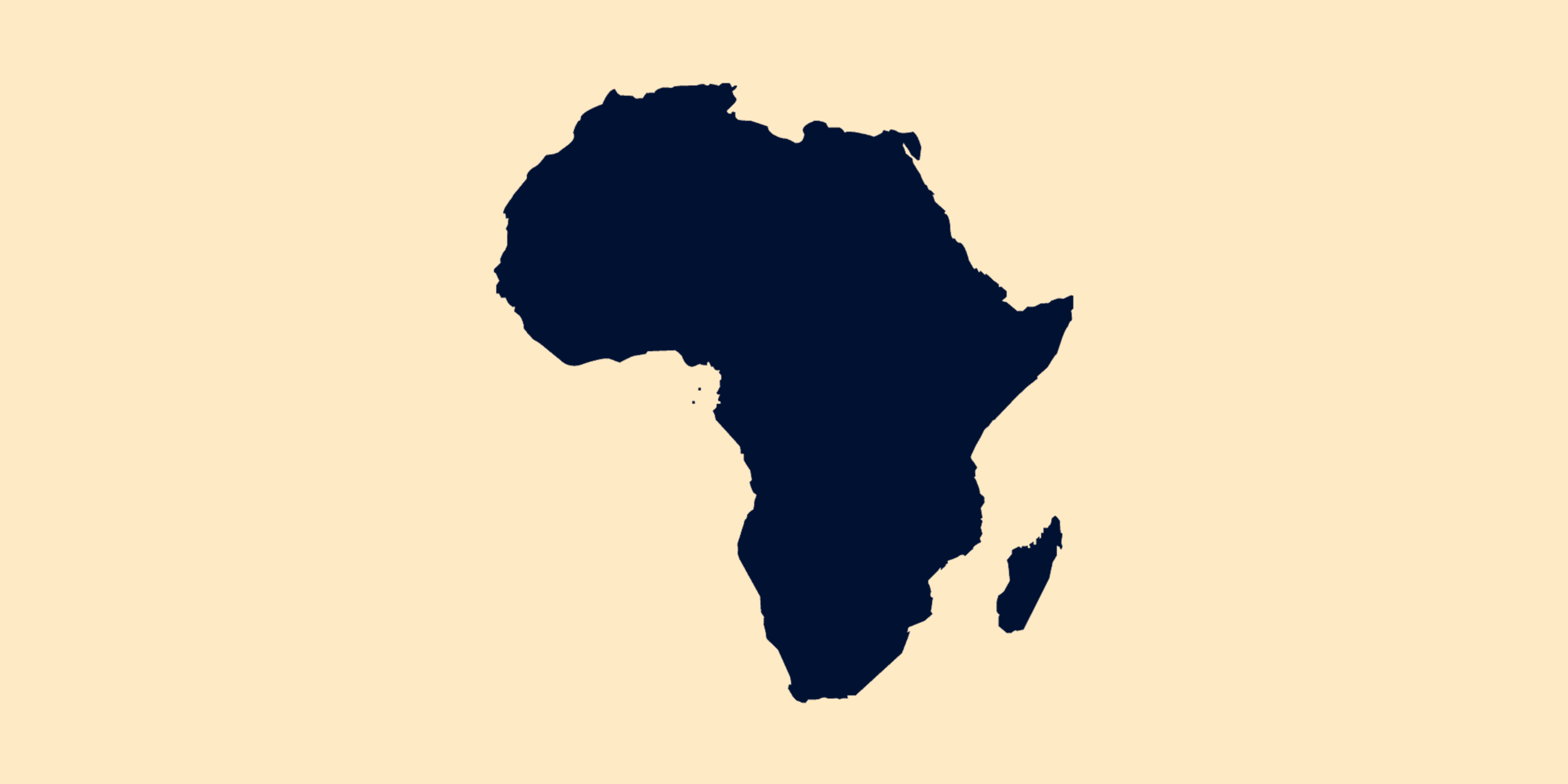It’s less than two months until the start of this year’s U20 World Cup in Indonesia, but it’s still unclear how and where it will take place, if at all.
On Saturday, the Israeli Public Broadcast Corporation news, KAN, reported that the draw in Indonesia was cancelled, due to the demands of the hosts and Iraq not being able to be drawn with Israel.
The next day, this was confirmed by the Indonesian FA (PSSI), due to political issues.
While FIFA is yet to comment on the matter, nor provide a resolution to the incoming administrative chaos, things in Indonesia seem even more complicated than they look.
Indonesia doesn’t recognise Israel
Last week in Jakarta, Indonesia there were cries of "don't let Israel play", "Israel is the enemy of Islam”.
Hundreds of protesters blocked major roads, waving signs and Palestinian flags, while burning Israel flags and chanting against the Israel U20 national team.
This tension runs deep, let’s start from the beginning.
At the end of May, the 24 national teams that had qualified for the tournament, including Israel, will be divided into six groups, each playing in a different city.
It will be the first time that this vast country has hosted a global sporting event.
"The atmosphere is great,” Aun Rahman, an Indonesian football journalist, told BabaGol last week before the PSSI’s presser on Sunday morning.
"This is the first time we have hosted a World Cup, and you can say it's a once-in-a-lifetime opportunity for our country."
Indonesia is a huge archipelago of islands, comprising about 278 million people, of which almost 90% are Muslims.
There is everything there. About 1300 different ethnic groups and about 700 different languages are spoken there.
Besides the majority Muslim population, there are also a number of Christians, Hindus, Buddhists and members of other religions living there.
In short, it’s a pretty diverse country, but it has its issues with Israel.
And even the locals could not expect what would happen when Israel won its place in the tournament, after finishing second in the U19 Euros, and securing their place in the tournament.
Suddenly, from a football celebration in south-east Asia, a politically sensitive event began to unfold.
Indonesia has no official relations with Israel.
Despite reports of the development of a relationship between the countries in the cyber security and intelligence fields behind the scenes, officially, Indonesia does not recognise Israel and has openly supported the Palestinians for decades.
As a country with a significant Muslim majority, the prevailing opinion of Israel on the street is not positive, to say the least, and now it seems that some groups are beginning to unite against the young Israeli team’s arrival.
"It has a historical background," Rahman explains.
"Our first president, Sukarno, established a policy prohibiting games against Israel in 1958, when we were drawn to play against them in the World Cup qualifiers. This is still the guiding policy in Indonesia”.
Despite this, the president of the Indonesian Football Association, Erick Thohir, spoke out on the issue a few months ago, saying, as hosts, they “need every team [that qualified] to participate and play”.
But the country is divided on this, according to Rahman.
"Many people here think that it is forbidden to play against Israel, and that it is forbidden for Israel to come here at all, but many also say that the Israeli national team should be allowed to come and participate as planned - because it is first and foremost a sporting event, and it should not be mixed with politics."
Can Indonesia become a ‘FIFA country’?
An official FIFA tournament can change the norms in the host country.
For example, when Qatar was chosen to host the 2022 World Cup, it committed to allowing Israeli fans and media to arrive and enter as part of FIFA's requirement that, in its tournaments, the host country is obligated to allow teams and fans from every member association to attend.
It wouldn’t be completely wrong to say that, when a country hosts a FIFA tournament within its borders, it becomes a ‘FIFA country’ for a limited amount of time.
One of the solutions that FIFA officials have tried to promote, according to sources, is that Israel will be placed in the group playing in Bali.
Contrasting the rest of the country, Bali is an island with a majority Hindu population.
Last week, however, this initiative suffered a severe blow.
The Governor of Bali, Wayan Koster, sent a letter to the Indonesian Sports Minister saying that he refused to host the Israeli team during the World Cup.
It’s proving difficult for a country that is essential when it comes to south-east Asian football.
It is home to some massive clubs - such as Persib Bandung, Persipura Jayapura and Persija Jakarta - with millions of fans and followers in the country and its neighbours.
And this year's U20 World Cup also creates some logistical problems for these clubs, adding to pre-existing tensions over schedules and alternative stadiums.
The expectations of the locals are sky-high.
"We always expect our national teams to go far," says Rahman, "a lot depends on the group we get, but everyone is quite sure that we can reach the quarter-finals.”
"The world will see the passion and magic of the Indonesian crowd in this tournament."
Fauzan, an Indonesian blogger that goes by the name Footyrankings, told BabaGol “the public support will be tremendous.”
The passion here for the national team is tremendous at all ages, and the atmosphere at Indonesia's games is expected to resemble that at big games in the league”.
It is not clear whether that is necessarily a positive thing - the passion in Indonesia for football is immense, and sometimes goes too far.
During the past decade, there have been frequent clashes between fans and police, such as last October, when at least 135 football fans were killed in the Kanjurohan Stadium in a league match between Arema and Persabaya.
Spectators broke onto the pitch after police fired tear gas into the stands to try and stop violence.
Dozens were crushed to death in the terraces, and some reportedly died from over-inhalation of the gas.
U20 World Cup seeking a solution
While many focus on the political issues with Indonesia hosting Israel, others may aim at the administrative and security issues that may erupt.
The Israeli national team will need its own security detail to compete peacefully in the current conditions.
Indonesia, within the last decade, has endured a three year ban from FIFA due to government interference in football.
Now that all eyes are on them again, with Israel and the multitude of issues on the table, it seems that the U20 World Cup is in danger.
With the protests, the security doubts and the cancellation of the group stage draw, it seems that it is inevitable a change in the tournament will occur soon.
Despite the short time left before the opening day, it is unclear whether it will jeopardise the tournament, or the participation of the Israeli national team in the World Cup.
Last week, the Israeli FA said “in almost 80% of the countries we go to play there are protests.”
“Protest or not, we will arrive and play.”
FIFA is yet to announce or comment on the status of the draw, or the tournament as a whole.
A few speculative solutions are already beginning to circulate.
Moving Israel’s games to a nearby country - Singapore, maybe - or moving the tournament to another Asian country - possibly Qatar. Rumors about Argentina, or even Peru, the U17 World Cup host, will replace Indonesia, are already circulating.
“I still believe Israel will play here in Indonesia”, says Aun Rahman.
Now everyone awaits FIFA’s resolution.
This article will be updated with FIFA’s comments when they are received.
Edited by Alex Smith


